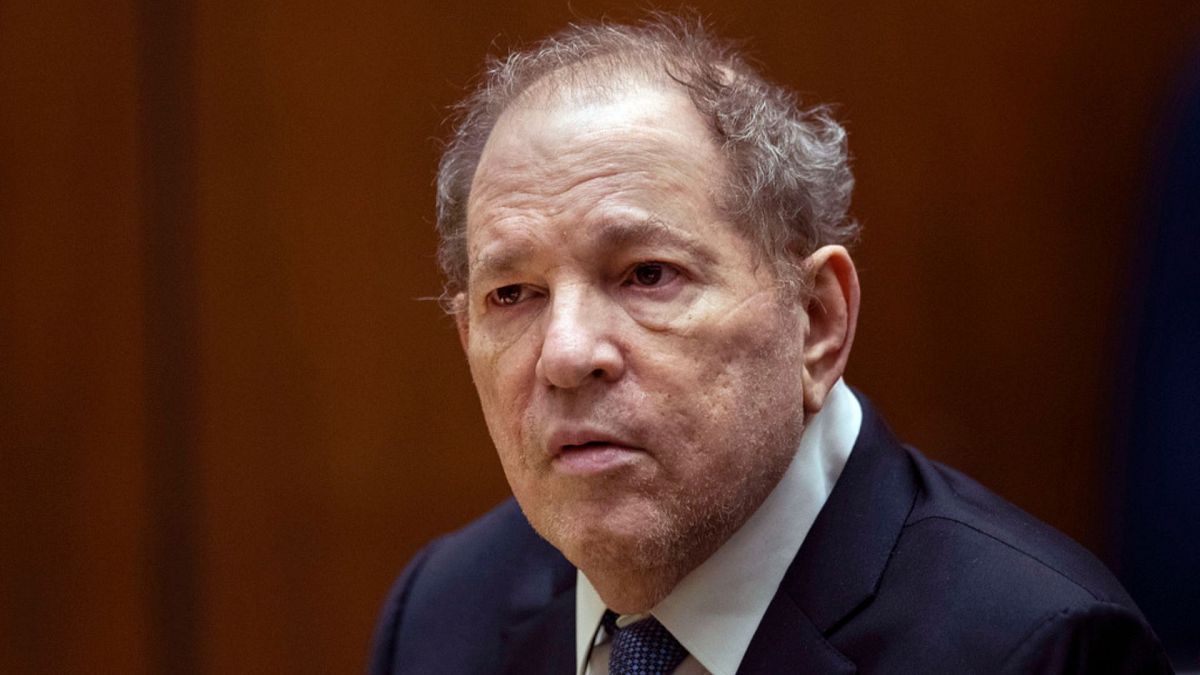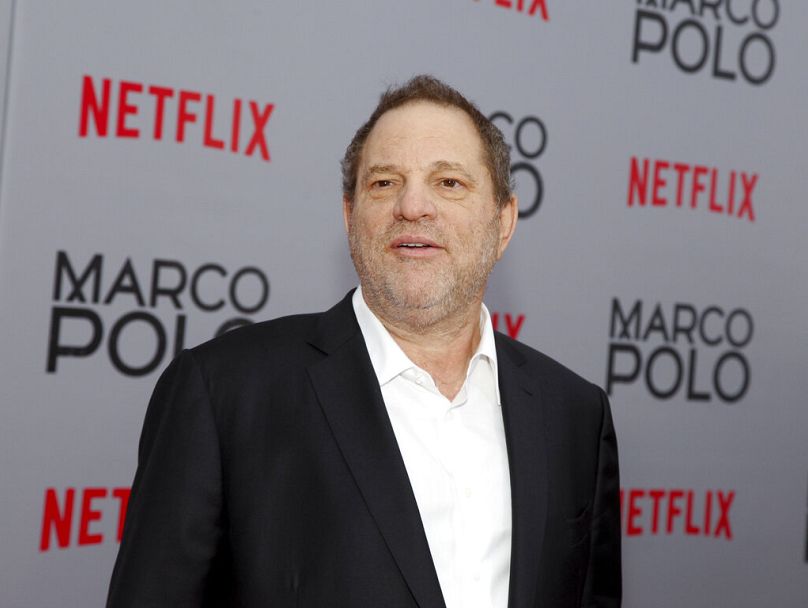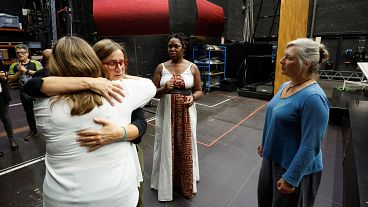In a 4-3 decision, the New York Court of Appeals overturned the verdict due to witnesses called by prosecutors who alleged they were assaulted by Weinstein but were not part of the trial.
In a significant development, New York's highest court has overturned Harvey Weinstein's 2020 rape conviction.
The decision, decided by a 4-3 vote, was anchored on the premise that the presiding judge in the watershed #MeToo trial had unfairly prejudiced the disgraced former movie mogul with what the court described as “egregious” improper rulings.
Among these, the court highlighted a crucial decision allowing women to testify about allegations that were not part of the case.
“We conclude that the trial court erroneously admitted testimony of uncharged, alleged prior sexual acts against persons other than the complainants of the underlying crimes," the court's 4-3 decision said. “The remedy for these egregious errors is a new trial.”
This decision reopens a painful chapter in America's confrontation with sexual misconduct claims against influential figures, a saga that began in 2017 amidst a surge of accusations against Weinstein.
The court's majority said “it is an abuse of judicial discretion to permit untested allegations of nothing more than bad behaviour that destroys a defendant’s character but sheds no light on their credibility as related to the criminal charges lodged against them.”
What has Weinstein been accused of?
In October 2017, reports by The New York Times and The New Yorker revealed that dozens of women had accused film producer Harvey Weinstein of rape, sexual assault, and sexual abuse spanning over three decades, with over 80 women eventually coming forward.
Weinstein denied any non-consensual sex but was quickly dismissed from The Weinstein Company, expelled from professional associations, and retreated from public life.
Criminal investigations ensued in Los Angeles, New York City, and London. In May 2018, Weinstein was arrested in New York, leading to charges of rape and other offences.
In February 2020, he was convicted of rape in the third degree and a criminal sexual act, resulting in a 23-year prison sentence. Additionally, in 2022 he was convicted in Los Angeles, receiving a 16-year sentence for rape and sexual assault.
Allegations against the once powerful and feared studio boss behind such Oscar winners as “Pulp Fiction” and “Shakespeare in Love,” ushered in the #MeToo movement.
Dozens of women came forward to accuse Weinstein, including famous actresses such as Ashley Judd and Uma Thurman.
What does the recent overturning mean for Weinstein?
He will remain imprisoned because he of his 2022 conviction. He is currently incarcerated in New York at the Mohawk Correctional Facility, about 100 miles (160 kilometres) northwest of Albany.
He still maintains his innocence and contends any sexual activity was consensual.




